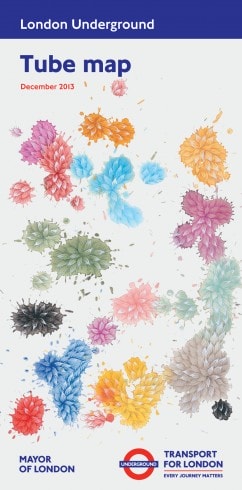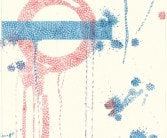Imran Qureshi’s work is underpinned by his interest in and reflection on the relationship between ancient, traditional life and contemporary life in Pakistan as well as the complex relationship between Islamic and Western life and culture.
He has developed a practice that consistently references the motifs, symbolism, and ornaments of the Moghul tradition that thrived in the north of the Indian subcontinent from the 16th to 19th centuries. Working with these old Islamic forms of art Qureshi combines traditional motifs and techniques with conceptual thinking and a contemporary approach to abstract painting to address complex issues and relationships in his work. His on-going investigation into ornamentation is both an acknowledgement of and a critique of tradition: of constricting role models, violent political and religious systems, stereotypes, and conventions.
Key to his practice is his training in and mastery of the techniques of traditional miniature painting from the same region, which he uses in new, strategic endeavours; often for site-specific works and installations, whether addressing architectural space or working in 2 dimensions on canvas or paper or in book format.
His creation, All Time Would be Perpetual Spring, for the Tube map cover references the map and the Underground itself to bring a new image, based in the miniature tradition, to millions of people who will carry it in their hands as they go about their journeys ‘hundreds of feet under the ground’.
Qureshi explains, “The main idea behind this art work comes from thinking about Art in the Underground. I was always inspired by a life, an activity, and an amazing energy going on hundreds of feet down below the ground. The colours in the work are inspired by the different Tube lines and the foliage that emerges out of each colour represents life; colourful flora which is growing and creating a completely new atmosphere and a positive energy.”

